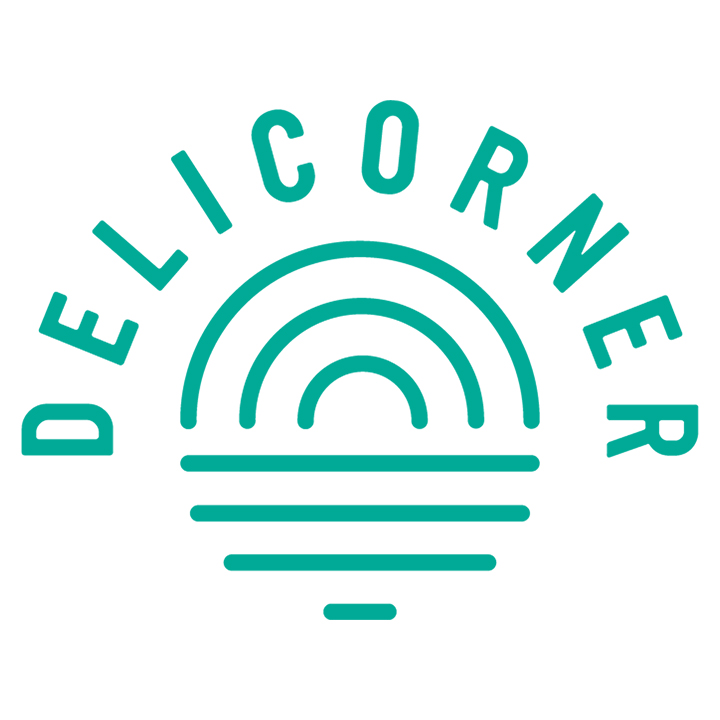

Delicorner

Île-de-France, France
May 2023
Event catering & related
Service with Significant Environmental Footprint
France
Delicorner propose un service modulable et sur mesure de snacking en entreprise dédié au bien-être de vos collaborateurs. Leur mission ? Révolutionner la vie au bureau ! Persuadés que le bonheur vient en mangeant, ils disposent des snacks gourmands et sains, des fruits frais bio, des fruits secs, des boissons et bien plus encore, directement dans vos locaux. Ils s’occupent aussi de vos événements : petit-déjeuner, afterwork, lunch … la convivialité, ça les connaît ! Delicorner valorise l'importance d'une alimentation équilibrée pour maintenir la productivité et le bien-être de vos employés. Un corner est un vrai plus. Les produits sont en libre-service pour vos collaborateurs, ce qui favorise leur engagement et leur fidélité envers l'entreprise. De plus, en encourageant des habitudes alimentaires saines, vous contribuez à créer une culture d'entreprise axée sur le bien-être. Oui, le snacking peut être à la fois délicieux et bénéfique pour la santé. Delicorner est une entreprise responsable, du sourcing des produits aux choix de ses partenaires autant que possible artisanaux, solidaires avec des forts engagements RSE. Alors tout au long de la journée, pour les grosses faims et les petits creux, pour des pauses conviviales et rebooster vos équipes, Delicorner assure.
Overall B Impact Score
Governance 16.4
Governance evaluates a company's overall mission, engagement around its social/environmental impact, ethics, and transparency. This section also evaluates the ability of a company to protect their mission and formally consider stakeholders in decision making through their corporate structure (e.g. benefit corporation) or corporate governing documents.
What is this? A company with an Impact Business Model is intentionally designed to create a specific positive outcome for one of its stakeholders - such as workers, community, environment, or customers.
Workers 24.2
Workers evaluates a company’s contributions to its employees’ financial security, health & safety, wellness, career development, and engagement & satisfaction. In addition, this section recognizes business models designed to benefit workers, such as companies that are at least 40% owned by non-executive employees and those that have workforce development programs to support individuals with barriers to employment.
Community 22.5
Community evaluates a company’s engagement with and impact on the communities in which it operates, hires from, and sources from. Topics include diversity, equity & inclusion, economic impact, civic engagement, charitable giving, and supply chain management. In addition, this section recognizes business models that are designed to address specific community-oriented problems, such as poverty alleviation through fair trade sourcing or distribution via microenterprises, producer cooperative models, locally focused economic development, and formal charitable giving commitments.
What is this? A company with an Impact Business Model is intentionally designed to create a specific positive outcome for one of its stakeholders - such as workers, community, environment, or customers.
Environment 22.8
Environment evaluates a company’s overall environmental management practices as well as its impact on the air, climate, water, land, and biodiversity. This includes the direct impact of a company’s operations and, when applicable its supply chain and distribution channels. This section also recognizes companies with environmentally innovative production processes and those that sell products or services that have a positive environmental impact. Some examples might include products and services that create renewable energy, reduce consumption or waste, conserve land or wildlife, provide less toxic alternatives to the market, or educate people about environmental problems.
Customers 4.8
Customers evaluates a company’s stewardship of its customers through the quality of its products and services, ethical marketing, data privacy and security, and feedback channels. In addition, this section recognizes products or services that are designed to address a particular social problem for or through its customers, such as health or educational products, arts & media products, serving underserved customers/clients, and services that improve the social impact of other businesses or organizations.